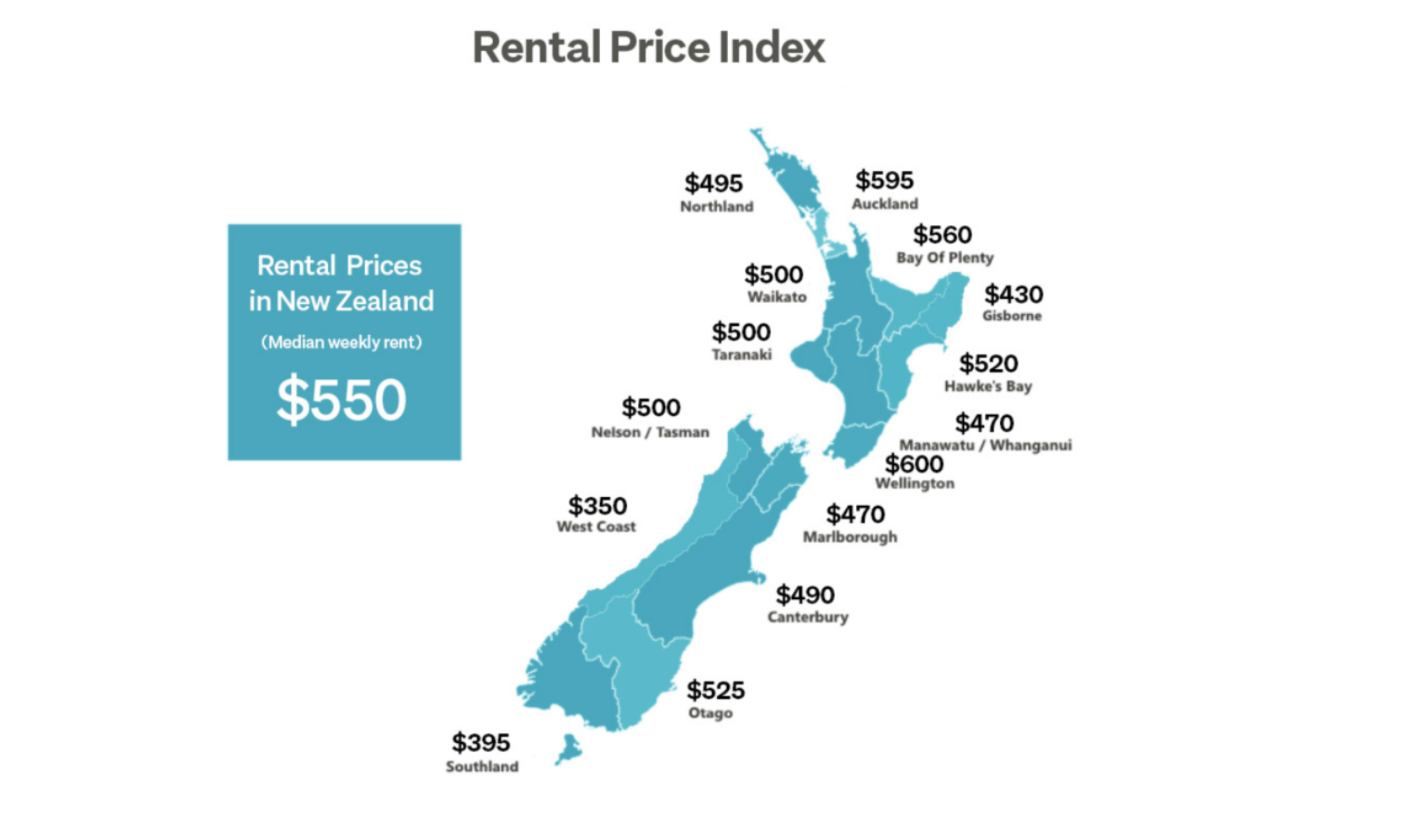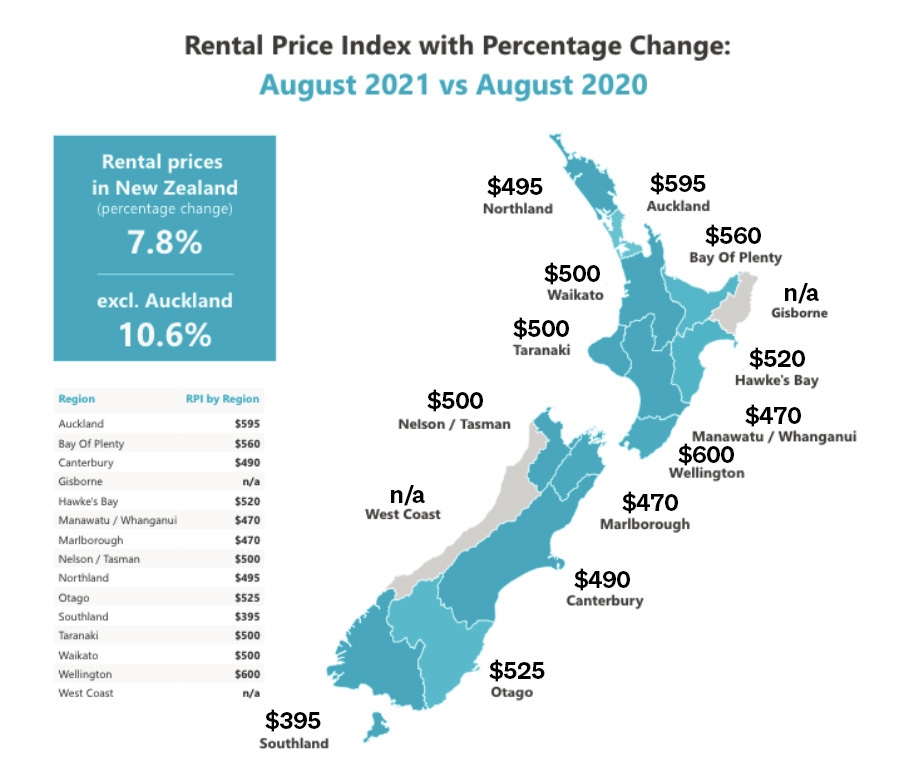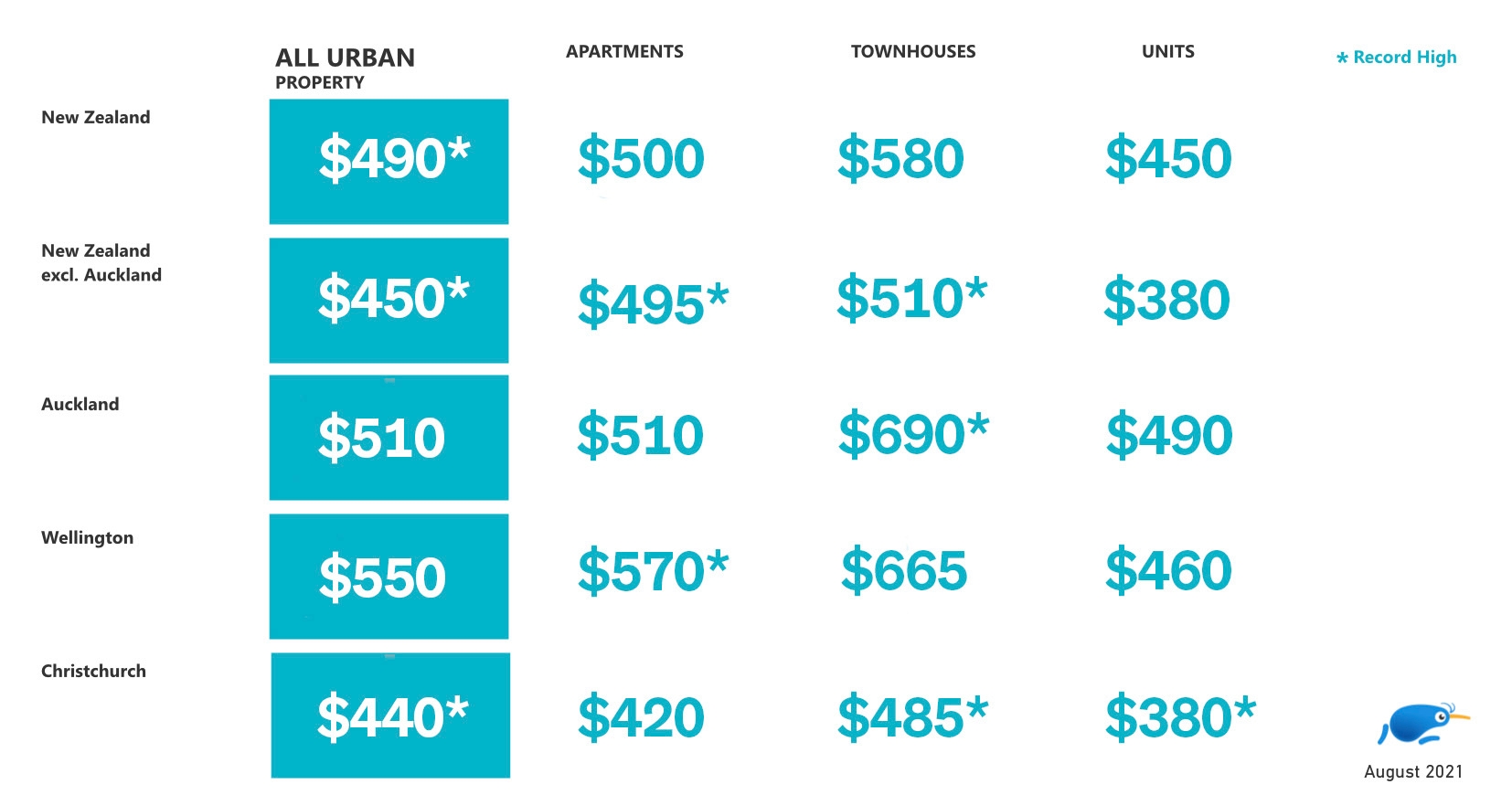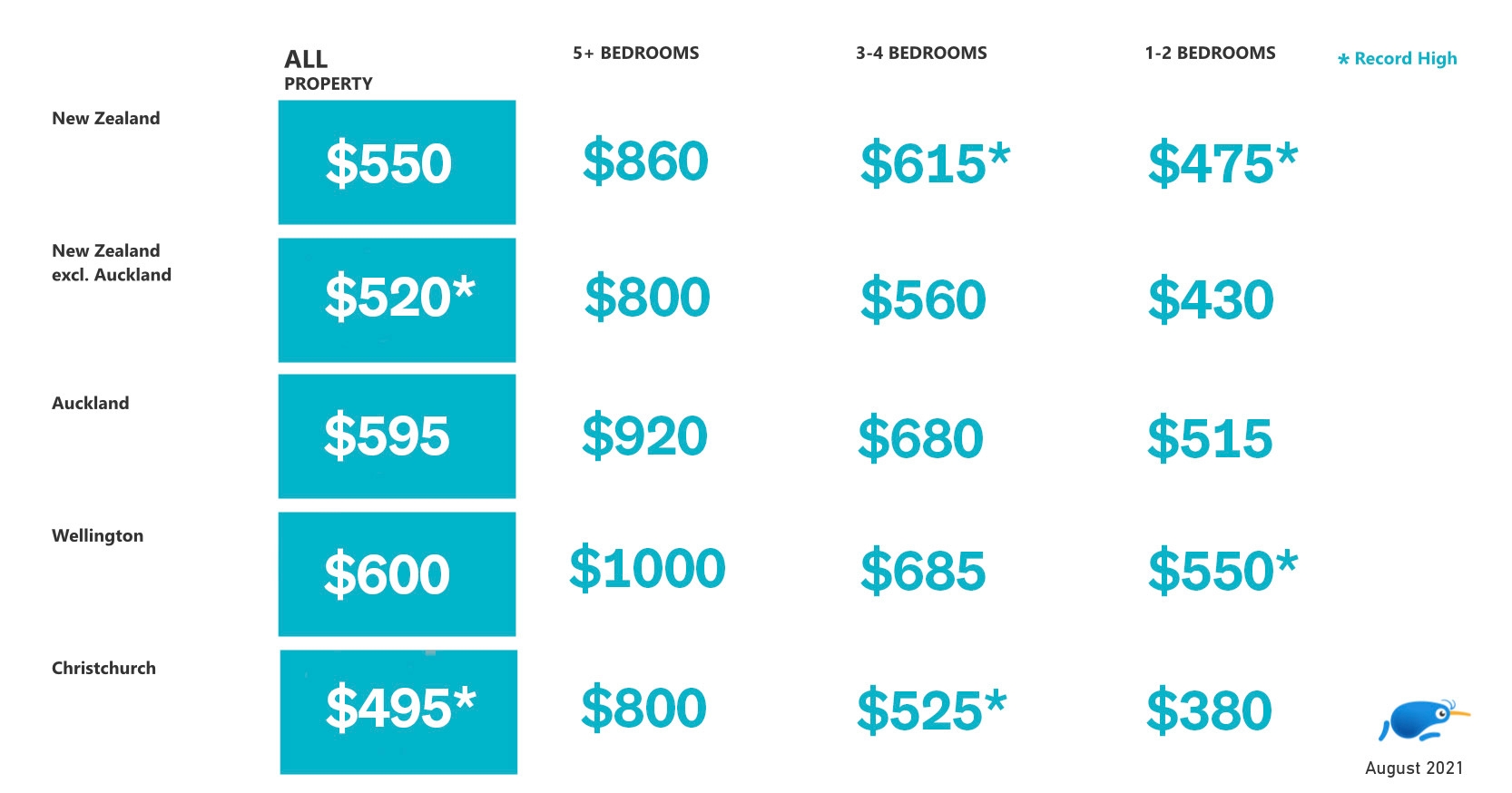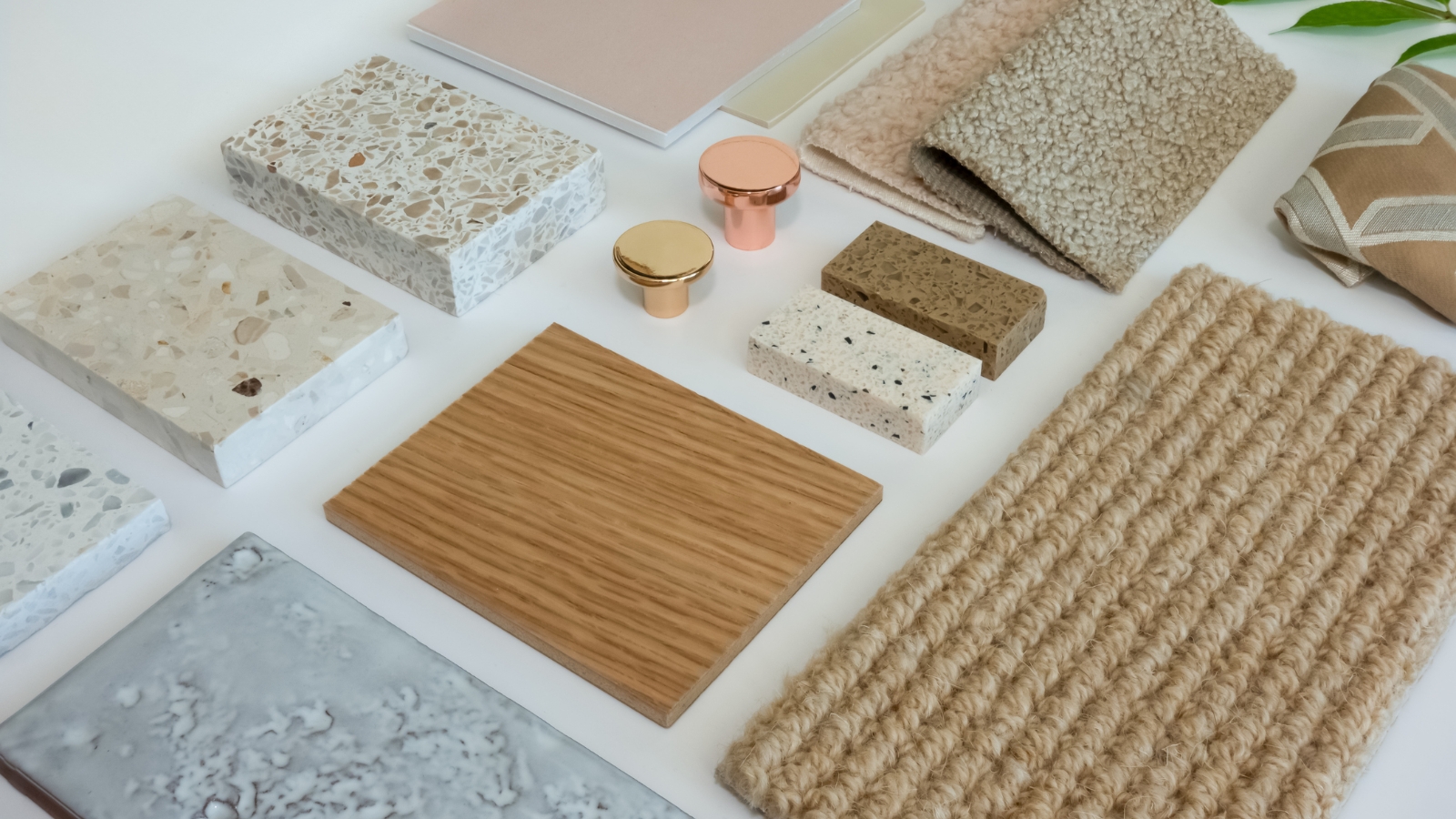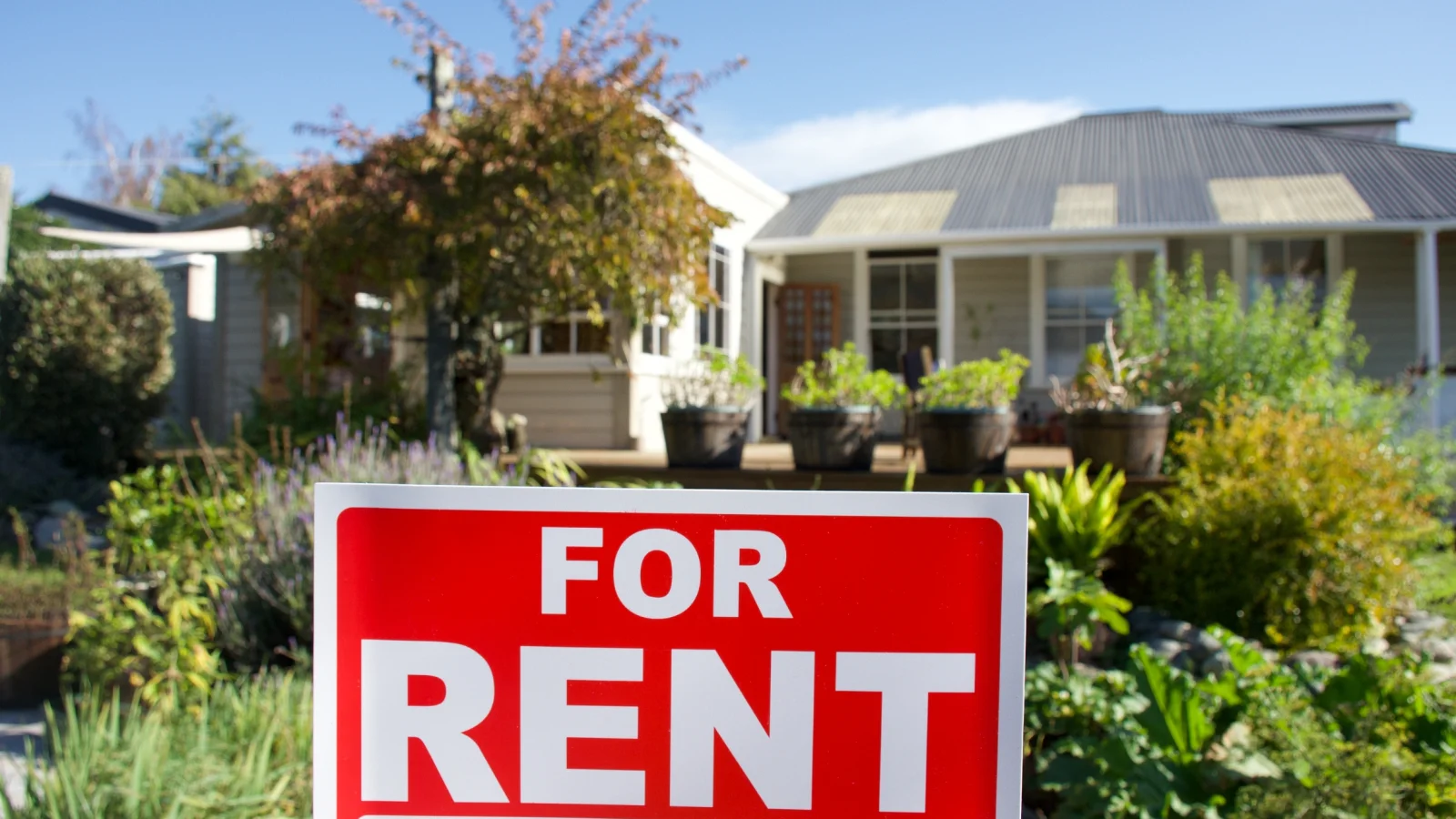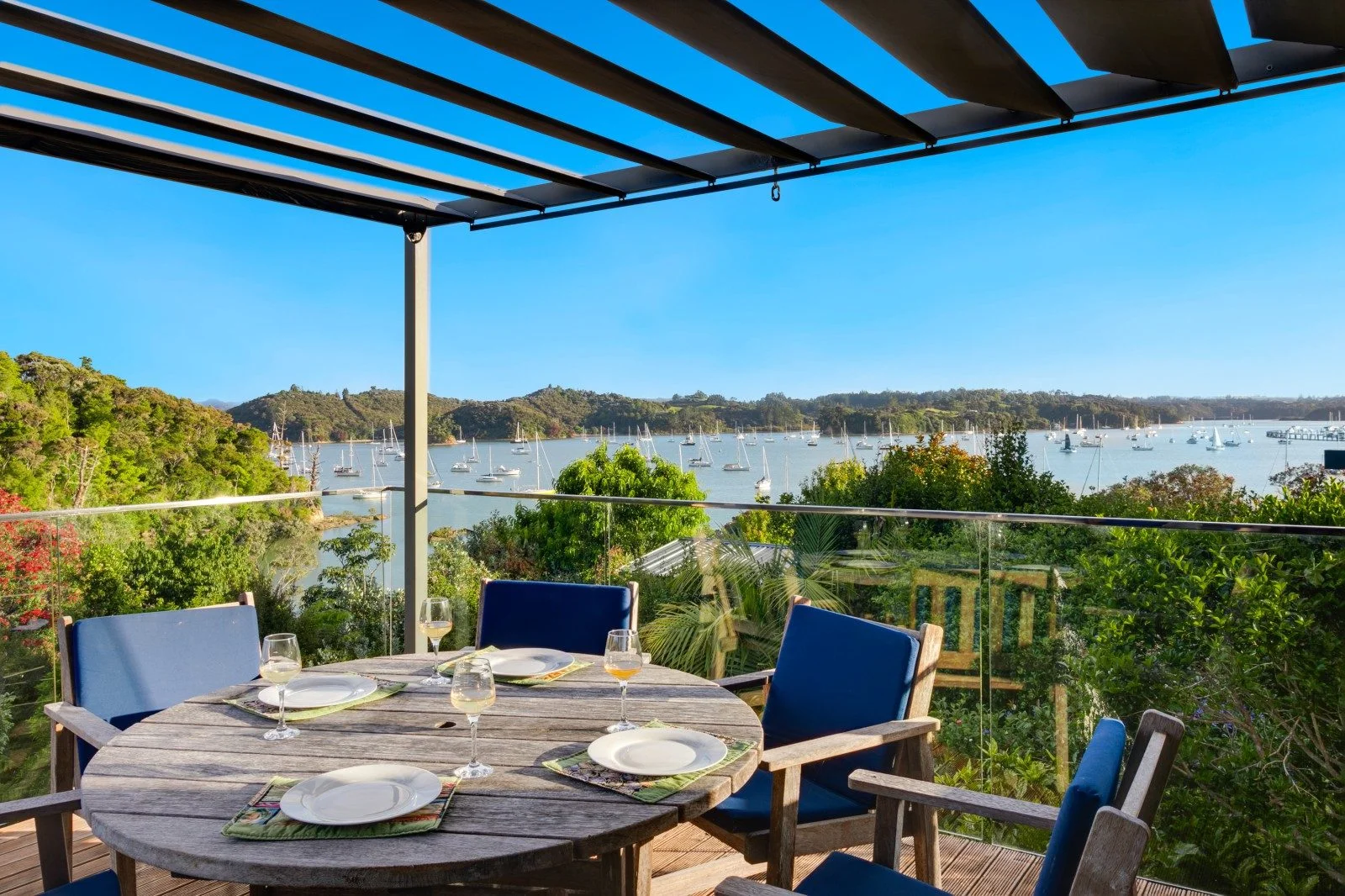Feature article
Market rent: finding the sweet spot
A guide to setting a rental price that’s both fair and competitive.
Setting a rental rate that’s not only profitable for you but also competitively priced to attract good tenants is the most important step in owning a rental property. If you price too low, you won’t see a return on your investment, price too high and you’ll struggle to attract tenants – it’s all about finding that sweet spot.
A summary of the most important things to consider:
- Make sure you’re aware of market conditions in the area your rental property is and wider Aotearoa. For example, rents in Wellington are the highest in the country, due to historical issues of supply and demand.
- Consider the number of rooms, type of property (townhouse, apartment), and amenities, all of which factor into how much you’ll be able to charge.
- Know your legal responsibilities when it comes to increasing rent
- Form good relationships with your tenants, or choose a property manager that you trust to do this for you. Maintaining these relationships is crucial to having satisfied tenants, and happy tenants mean less worry for you.
So, how much should you charge for rent?
There’s a number of things you can do to get it right:
- Search rental properties – filtering by suburb and property type. This will give you a ballpark figure to work with.
- Rental Price Index – to keep up to date with the latest market trends; helpful for determining your rental price and adjust the rent based on demand in the region & suburb.
- Get your property professionally valued –
Market rent
Median rent has been steadily increasing across Aotearoa.
Rent by property type
Demand for houses is highest, followed by townhouses, with rental prices reflecting this.
Rent by property size
Demand for townhouses is at an all time high.
Consider unique features and amenities
Certain features unique to your property could justify charging more for your rental. Here are just some of the features to consider:
- Square footage – this is particularly relevant if you own an apartment, people will pay more for a 100 sqm apartment than a 50 sqm.
- Views – does your property have seaside views? Generally speaking, the higher up you go the more you can charge (again, apartments).
- Renovations – does your property have top spec appliances and brand new carpet?
- New builds – new builds tend to fetch a higher price than older buildings.
Other articles you might like
